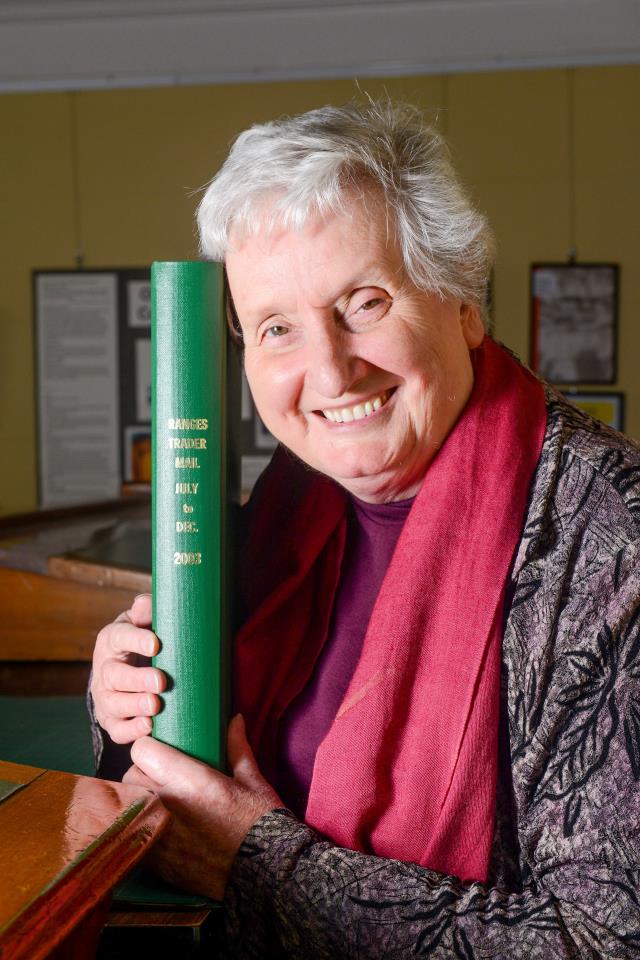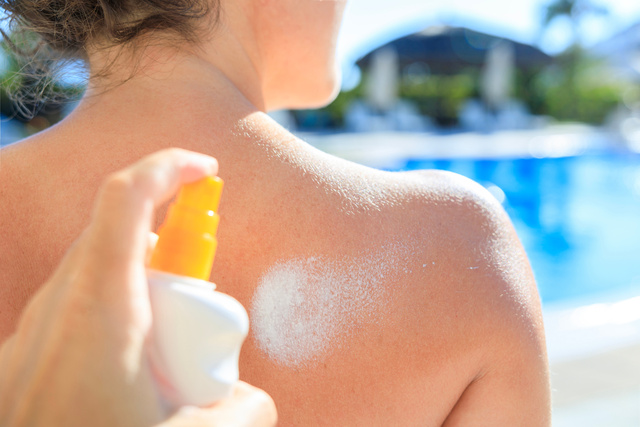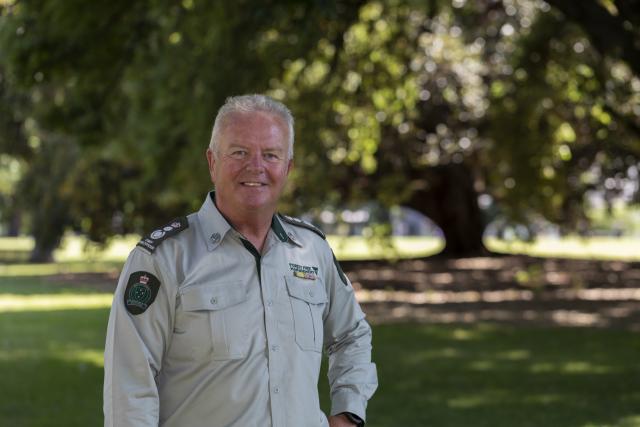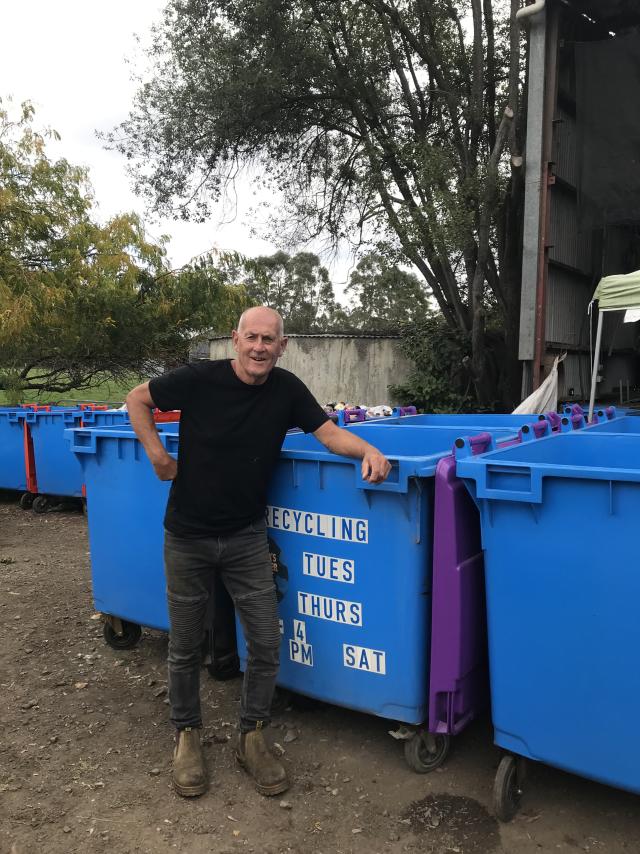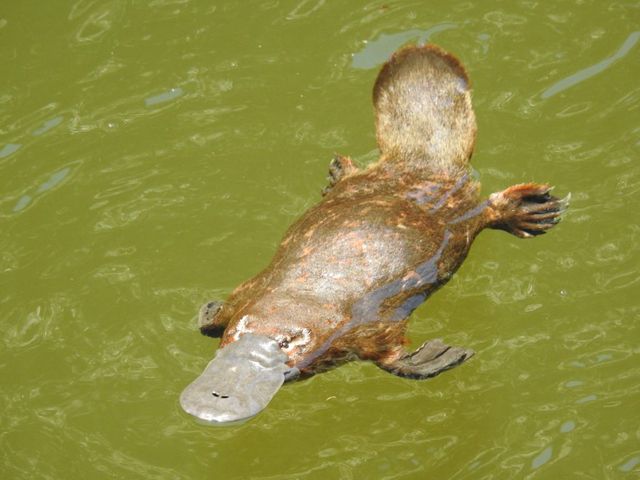Many people are amazed at the records and information historical societies hold. Yet the collections have been carefully gathered up by very dedicated members throughout the years or donated by people anxious to ensure the information and knowledge is kept safely, locally, for future generations.
Among our society’s collection is a large ledger which recorded all the sales made by one of the local brick makers Henry Hyne and his son Leo. The ledger lists all his sales – initially timber and nails – from 1885 through to 1903.
Each customer has his/her own page which is carefully listed in the index at the front. To us this is enormously important as it can help us date when certain buildings were erected.
Recently we were able to present this information before a panel hearing on a property which clearly demonstrated when the building was erected and of course where the bricks came from.
The 1880s and 1890s was a time of massive change in Lilydale. The early 1880s were a boom time while the late 1880s was the onset of a depression and the plummeting of land and property prices. Like the rest of the state, Lilydale re-bounded in the 1890s and this was reflected in the many new buildings erected.
One of Hyne’s major clients was David Mitchell and linking the ledger with pages from the Lilydale Express we can establish what the bricks were used for – kilns, buildings and drainage and residential projects.
The ledger also shows the development in brick production. Early sales were in small batches of one or two hundred delivered every few days as they were hand made using small wooden moulds. Later, Hyne converted to steam brick making and through much trial and error, invented and patented machinery for making bricks so his production increased as did the delivery frequency.
Hyne, who came to the Lilydale region looking for gold in the Upper Yarra, soon settled in Lilydale on the corner of Anderson and Main streets, the site of the present Hyundai car dealer. He was an engineer and inventor and was soon also making agricultural pipes for drainage. His pipes were installed at the de Castella and the de Pury families’ vineyards and in the Mildura and Riverina irrigation areas. Other products included roof tiles, ridge tops and finials.
For more information, read our Bricks by the Million book available from our website shop at www.lilydalehistorical.com.au for $5.00.

